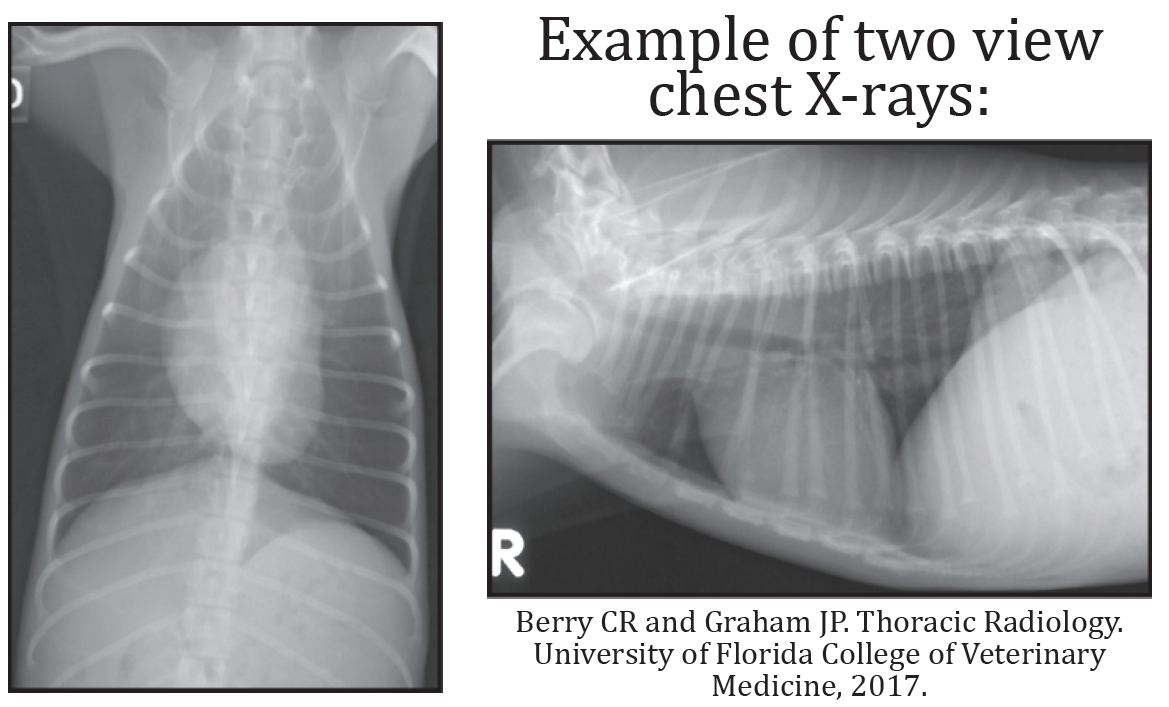Research
We work with pet owners, veterinarians, fellow researchers, and dogs to solve puzzling genetic diseases. This creates a more happy and healthy canine population. We investigate the genomes of companion animals using modern veterinary and laboratory techniques together with the latest computing technologies.
Recruitment for Current Projects
DNA samples and Chest X-rays are needed for a genetic study of spine abnormalities in French Bulldogs, Pugs, English Bulldogs, American Bulldogs, Boston Terriers, Basenjis, Shiba Inus, Keeshonds, Chow Chows, and Norwegian Elkhounds!
- What We Need: Chest X-rays (neck to back, including ribs) and a simple DNA cheek swab.
- No Vet Visit Required: If X-rays are already on file (from things like breathing issues, swallowed objects, heart or lung evaluation, or metastasis checks), you're ready to go! Just ask your vet to email your dog’s digital chest X-rays to us — there’s no cost to you.
- We Provide the Kit: Once we receive the X-rays, we will send you the swabs and instructions to collect a DNA sample from your dog.
- Why It Matters: Your dog can help us uncover the genetic causes of spine abnormalities and better understand how both genes and the environment play a role in these conditions. In the long run, this could lead to better ways to prevent and manage these issues, helping dogs live healthier, more comfortable lives. All it takes is sharing your dog’s X-rays and a simple, painless DNA swab!
- All Dogs Welcome: Dogs of any age or health status, as long as they’re one of the listed breeds, qualify!
Contact caninegeneticslab@purdue.edu for more information and to submit X-rays!

DNA samples are needed for a genetic study of skeletal morphology in English Cocker Spaniels!
- Quick & Easy: All we need is a simple DNA cheek swab — no vet visit required!
- We Provide the Kit: Everything you need is mailed straight to you with free return shipping.
- Advance Canine Science: Your dog’s DNA will help us better understand skeletal development and health in English Cocker Spaniels.
- Be Part of a Real Scientific Study: Contribute to research that could benefit future generations of Cocker Spaniels.
- All Ages Welcome: Puppies to seniors, if they’re a purebred English Cocker Spaniel, we’d love to include them!
Contact caninegeneticslab@purdue.edu for more information and to submit a sample!
Current Projects
We have a multitude of research projects covering a wide variety of dog breeds:
- Golden Retriever pigmentary uveitis
- Genetics of hemivertebrae and other spinal phenotypes
- Genetic causes of bleeding in canine pathology cases
- A dilution coat color phenotype in Boxers
- Limb aplasia in English Cocker Spaniels
- Ocular diseases in multiple dog breeds
- Cat and dog musculoskeletal diseases
- Webbed feet (fact or myth?) in dogs
Past Successes
- Glycogen storage disease in Basset Hounds (genetic test available through the
Indiana ADDL) - Neuroaxonaly dystrophy, a slowly-progressive neurodegenerative disease in Miniature American Shepherds (genetic test available through the Indiana ADDL)
- The first non-HSF4 genetic cause of cataracts in Miniature American Shepherds (genetic test available through the Indiana ADDL)
- The second non-HSF4 genetic cause of cataracts in Miniature American Shepherds (genetic test available soon through the Indiana ADDL)
- Ichthyosis in two random-bred kittens (Yes, we do occasionally have cat projects in the Canine Genetics Lab!)
- Three forms of hypomyelinating polyneuropathy in Golden Retrievers
- Dwarfism in Great Pyrenees (collaborative work with the University of Minnesota’s Canine Genetics Lab)
- Genetic indicators of welfare in dogs
- Allele frequency changes over time (15+ years) for two common genetic eye diseases, Collie Eye Anomaly and PRCD-PRA
- Identification of a Novel CLPX Variant in a Mixed-Breed Dog with Anemia and Spinocerebellar Ataxia
- Genetics of vaccine-induced immune response in dogs

